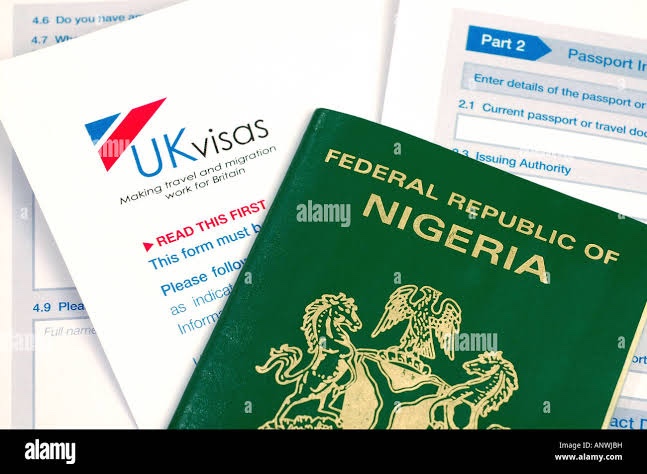The United Kingdom has made some immigration changes, and visa fees have increased.
The immigration health surcharge (IHS) saw about a 66% rise earlier this year, leading to an annual amount of about 1,035.12 pounds for adults. Also, as of October 4, 2023, changes have been made to visa application fees, with about a 15% rise for Work and Visitor Visas, a 20% increase for Family Visas, Settlement, and E-citizenship categories, and a 35% surge in fees for Student Visas.
For individuals with relevant skill levels and training, many visa routes are accessible for those without a job offer.
The Global Talent Visa in the UK is for academia, arts, and digital technology leaders. Eligibility requires excellence in one of the fields, with an age limit set at 18.
You’ll need an endorsement or an eligible award for application. This visa type allows up to five years and is renewable for one to five years.
It might lead to indefinite leave to remain after three or five years. The application process involves online submission based on location, with identity proof and relevant documents.
HIP Visa option
The High Potential Individual (HPI) visa allows recent graduates from eligible global universities to work or seek employment in the UK without a job offer.
Nigerians others can apply This visa type can last for two to three years for PhD holders and cannot be extended, but applicants may switch to other visa categories like the Skilled Worker visa. Partners and children can join, and the application process takes about three weeks for overseas applicants and eight weeks for those in the UK. Costs include application fees, health care surcharge, and proof of savings.
Activities allowed under the HPI visa include working, job searches, self-employment, living with dependents, voluntary work, and international travel.
Recipients cannot claim most benefits, work as professional sportspersons, or apply for permanent settlements in the UK.
The HPI visa offers a straightforward route for qualified persons to contribute to the UK workforce and explore career opportunities. Global Business Mobility According to reports, foreigners working for businesses with UK branches or subsidiaries can explore visa options via the Global Mobility route; it provides choices for individuals employed by firms with established UK branches and those responsible for establishing a UK branch for their current employer.
The Global Business Mobility route consolidates business visas like the Intra-Company Transfer and Sole Representative’s visas. This visa type is designed for businesses and allows staff transfers and temporary work assignments in the UK.
These categories include Senior or Specialist Workers, which lasts two or three years for PhD holders, Graduate Trainees, UK Expansion Workers, Service Suppliers, and Secondment Workers. Eligibility and application processes vary among those categories, covering workers outside the UK.
The pathway aims to strengthen business visas, offering a cohesive framework for temporary assignments and staff transfers.
Self Sponsorship visa The Self-Sponsorship Visa in the UK allows immigrants to establish their businesses and secure work visas without a minimum investment requirement. Suitable for entrepreneurs, the process involves establishing a business, obtaining a sponsor license, and applying for the Self-Sponsor Skilled Worker Visa. Benefits include owning a business and securing a work visa, which might lead to permanent residency and British citizenship.
The visa duration varies, and costs depend on the application type and situation. Also, consideration includes bringing family members, no salary requirements, and the Authorisation Officer’s departure does not affect the visa.
A recent report excluded the UK from EU countries suitable for Nigerian immigrants seeking quick work permits. The report listed six countries, such as Estonia, Latvia, Lithuania, and two others, with flexible work permits for foreigners



